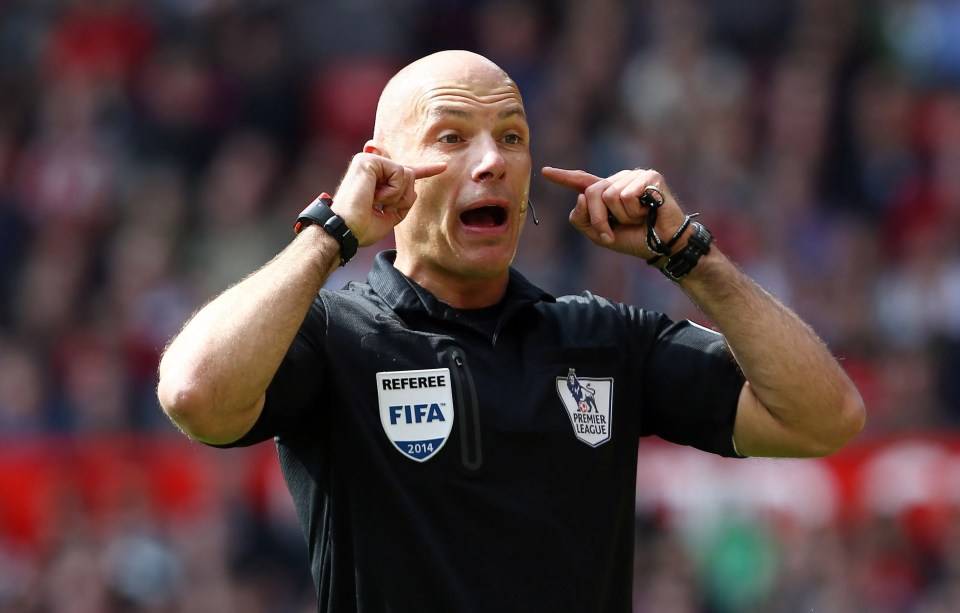Referees' chief Howard Webb has announced a significant 80% reduction in video assistant referee (VAR) errors this season, highlighting a promising development in the system's implementation. As we mark five years since VAR was introduced in the Premier League, the technology continues to be a topic of intense debate among fans, players, and officials alike.
According to the independent Key Match Incidents panel (KMI), there were 31 instances of incorrect VAR usage during the 2023-24 season. This statistic comes amidst ongoing discussions about the efficacy and reliability of VAR, particularly following a June vote in which Premier League clubs overwhelmingly supported keeping VAR, with a 19-1 decision prompted by Wolverhampton Wanderers' push to scrap the system. An independent survey commissioned by the Premier League further indicated that a substantial four out of five fans favor maintaining VAR in the league.
In an effort to enhance transparency, the Premier League has begun using a dedicated social media channel to explain VAR decisions to fans. However, the anticipated introduction of semi-automated offside technology (SAOT), initially scheduled for rollout after the October or November international break, has now been postponed until 2025. This delay raises questions about how the league will continue to improve the technology's effectiveness in the interim.
Webb, who serves as the chief refereeing officer at Professional Game Match Officials Limited (PGMOL), expressed confidence in the strides made this season. During an appearance on the Stick to Football podcast, he acknowledged the challenges of managing expectations around VAR. "I don’t think we managed expectations well in terms of VAR," he stated, adding that the system tends to perform best in clear-cut situations where the error is immediately evident.
The independent panel, which includes former players, plays a crucial role in assessing VAR decisions each week. Webb noted that this season, the panel has identified only two VAR errors compared to ten at the same point last year, underscoring the improvements made.
A key focus for Webb and his team has been reducing the time taken to reach decisions. "The average delay from VAR was 70 seconds last season; this year it’s just 25 seconds, which is a significant improvement," he said. This reduction in time not only enhances the flow of the game but also helps maintain the integrity of the on-field decision-making process. Webb advised officials to trust their instincts, emphasizing the importance of swift judgment: "If you see a situation that jumps off the screen at you, then get involved. But if you’re having to think about it too much, just say check complete and leave it with the referee on the field." This approach reinforces the idea of the "referee’s call," which allows for more fluid decision-making in the heat of the moment.
As the Premier League continues to navigate the complexities of VAR, Webb’s insights reflect a commitment to improving the technology while acknowledging the ongoing need for adaptation and feedback from all stakeholders. With fans increasingly supportive of VAR and tangible improvements being made, the league appears poised to enhance its officiating standards in the years to come.




No comments yet
Be the first to share your thoughts!